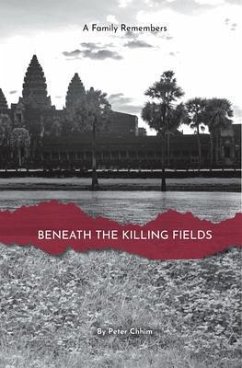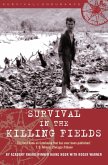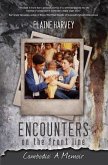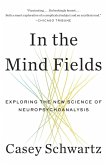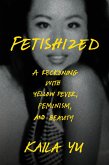Beneath the Killing Fields: A Family Remembers is the searing and unforgettable story of one Cambodian family's survival during the Khmer Rouge genocide. Written by Dr. Peter Chhim, the son of survivors, the memoir is both an intimate family testimony and a historical preservation of voices too often silenced by fear, shame, or the passing of time.
Born in 1977, while the Khmer Rouge still held Cambodia in its grip, Peter was too young to remember the horrors directly. Yet he grew up in their shadow-hearing fragments, living among silences, and carrying questions that his parents and siblings rarely dared to answer. This book is the culmination of years of interviews with his brothers, sisters, and parents, woven together into a single narrative that honors their strength while illuminating the hidden costs of survival.
Through vivid and painful recollections, readers are taken inside the forced evacuation of Phnom Penh, the endless marches into the countryside, and the brutality of the children's labor camps. We hear how hunger drove children to hunt rats, snakes, and insects; how illness spread without medicine; how families were broken apart by arbitrary rules. We hear of punishments meant to crush the human spirit and the silences that became shields against further harm. Yet we also hear of small acts of love and defiance: a mother smuggling food across dangerous terrain, a father walking all night just to hold his daughter for one brief moment, siblings risking punishment to protect one another.
At the center of this story is the loss of Po, Peter's sister who died as a toddler of starvation and illness. Her death devastated the family, leaving a wound that never healed and a silence that lasted for decades. By including her memory, Peter gives voice to the countless children who were erased by the genocide, ensuring they will never be forgotten.
This memoir is not only about tragedy but also about endurance. Each sibling's voice reveals a different facet of survival: fear, resilience, rebellion, obedience, silence, and love. Together, their stories create a mosaic of what it meant to grow up during one of the twentieth century's darkest regimes.
Beneath the Killing Fields speaks to readers who care about history, human rights, intergenerational trauma, and the enduring bonds of family. It is equally a resource for educators, students, and communities seeking to understand genocide from the inside out-not through statistics and dates, but through lived experience and memory.
Peter Chhim now lives in the United States, where he built a professional career in engineering and leadership, but his purpose in writing this book is deeply personal: to preserve his family's history, honor those who never made it out, and give voice to those who did. By sharing their truth, he reminds us of the importance of memory-because forgetting is its own kind of death.
Born in 1977, while the Khmer Rouge still held Cambodia in its grip, Peter was too young to remember the horrors directly. Yet he grew up in their shadow-hearing fragments, living among silences, and carrying questions that his parents and siblings rarely dared to answer. This book is the culmination of years of interviews with his brothers, sisters, and parents, woven together into a single narrative that honors their strength while illuminating the hidden costs of survival.
Through vivid and painful recollections, readers are taken inside the forced evacuation of Phnom Penh, the endless marches into the countryside, and the brutality of the children's labor camps. We hear how hunger drove children to hunt rats, snakes, and insects; how illness spread without medicine; how families were broken apart by arbitrary rules. We hear of punishments meant to crush the human spirit and the silences that became shields against further harm. Yet we also hear of small acts of love and defiance: a mother smuggling food across dangerous terrain, a father walking all night just to hold his daughter for one brief moment, siblings risking punishment to protect one another.
At the center of this story is the loss of Po, Peter's sister who died as a toddler of starvation and illness. Her death devastated the family, leaving a wound that never healed and a silence that lasted for decades. By including her memory, Peter gives voice to the countless children who were erased by the genocide, ensuring they will never be forgotten.
This memoir is not only about tragedy but also about endurance. Each sibling's voice reveals a different facet of survival: fear, resilience, rebellion, obedience, silence, and love. Together, their stories create a mosaic of what it meant to grow up during one of the twentieth century's darkest regimes.
Beneath the Killing Fields speaks to readers who care about history, human rights, intergenerational trauma, and the enduring bonds of family. It is equally a resource for educators, students, and communities seeking to understand genocide from the inside out-not through statistics and dates, but through lived experience and memory.
Peter Chhim now lives in the United States, where he built a professional career in engineering and leadership, but his purpose in writing this book is deeply personal: to preserve his family's history, honor those who never made it out, and give voice to those who did. By sharing their truth, he reminds us of the importance of memory-because forgetting is its own kind of death.
Dieser Download kann aus rechtlichen Gründen nur mit Rechnungsadresse in A, D ausgeliefert werden.

